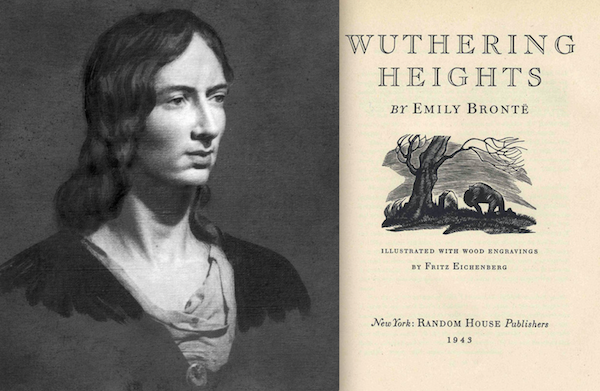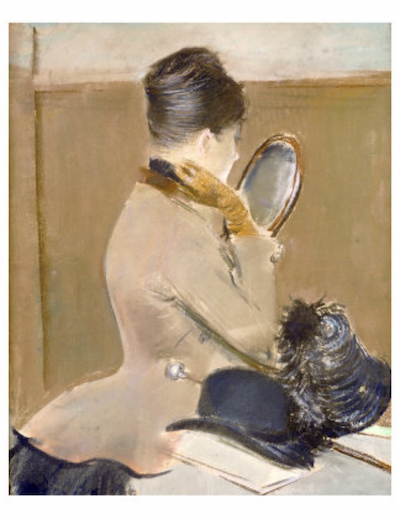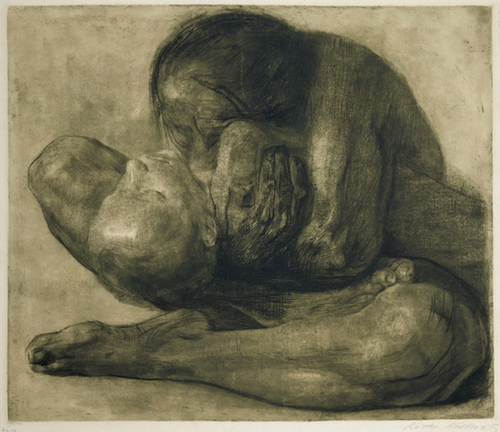Wuthering Heights analysis

Wuthering Heights is a novel written by author Emily Bronte. It is set in Wuthering Heights, Thrushcross Grange and the Yorkshire moors between the two houses, the moors. The novel was published in 1847 and was not well received by the critics. Victorian society did not accept the dark side of Wuthering Heights and its violent characters. The novel portrays women in the society of that era as well as the relationships between men and women in relation to political and economic life, and the social class differences, as was done by Jane Austen in Pride and Prejudice. The novel tells the story of the overpowering love and passion for one another of Catherine Earnshaw and Heathcliff, a foundling that Mr. Earnshaw brings home from Liverpool.
The difference between the social classes that the two central characters belong to is significant in two ways in Wuthering Heights. First, it limits the character’s actions, and second,it motivates the character’s actions. Catherine and Heathcliff face class conflicts and are victims of social rules and standards which prevent them from marrying each other despite the love they have for one another. The love they share seems to be born out of rebellion and not simply due to sexual desire. Both are rebellious in their own way, but nevertheless, perhaps unwittingly, they also conform to these societal standards and rules. Social class impels Catherine to marry Edgar Linton instead of Heathcliff. And class is what motivates Heathcliff to get control over both properties, Wuthering Heights and Thrushcross Grange.
Heathcliff is destroyed by Catherine’s betrayal when she accepts Edgar Linton’s proposal for marriage, a betrayal that motivates Heathcliff to seek vengeance for the rest of his life against Catherine and the people who treated him as low and unworthy. Catherine and Heathcliff's choices go against the love they have for each other. Their actions reveal their conflicted emotions and turns them to become hateful and irrational. Both end up deceiving and hurting one another and themselves. Their unresolved passion drives them to cruelty and violence which eventually destroys them, Catherine in body and Heathcliff in soul.
When Heathcliff is brought back as an orphan by Mr. Earnshaw from the slums of Liverpool to Wuthering Heights, Heathcliff is described as “a dirty, ragged, black-haired child” After being introduced to the Earnshaw family, Heathcliff is rejected and hated by Hindley, Mr. Earnshaw son. At the beginning, Mr. Earnshaw is the only person who is fond of this street urchin from Liverpool when he arrived. Eventually, Catherine’s feelings for Heathcliff change as they grow up together, and their love for one another flourishes. They become inseparable, as the housekeeper Ellen Dean witnesses. Catherine “was much too fond of Heathcliff. The greatest punishment we could invent for her was to keep her separate from him” (5.20) Heathcliff’s social status does not seem to matter to Catherine at first, their relationship is based on their true feelings and excluding following the status quo. Their passion was so strong that they preferred to dream of a world where they both can be together despite the difference in their social class.

By the time Catherine returns from her convalescence at the home of the Lintons at Thrushcross Grange, she has become very aware of the unbridgeable difference in their social status. She is now drawn to the civility and comfort there, whereas he is repulsed by it. Ironically, Heathcliff is once again an outsider, meeting with rejection. After spending five weeks at Thrushcross Grange, Catherine is barely recognizable. Catherine kisses Heathcliff, and comments upon his dirty appearance and compares him unfavorably to Edgar. “Why, how very black and cross you look! and – how funny and grim! But that’s because I’m used to Edgar and Isabella Linton.” (7. 24) She suggests that if he washes his face and brush his hair, “it will be all right: but you are so dirty!” (7.24) Heathcliff is hurt by the changes in his friend’s appearance and attitude and reacts in anger, which puts him again in the wrong. Because of his behavior, Heathcliff is scolded by Hindley. The relationship between Catherine and Heathcliff makes a sharp turn from love to hate when Heathcliff overhears the conversation between Mrs. Dean and Catherine about the latter’s wish to marry Edgar Linton. Catherine passionately loves Heathcliff but chooses to go against her feelings by marrying Linton instead. Catherine tells Nelly “It would degrade me to marry Heathcliff now; so, he shall never know how I love him: and that, not because he’s handsome, Nelly, but because he’s more myself than I am. What our souls are made of, his and mine are the same; and Linton’s is as different as a moonbeam from lightning, or frost from fire.” (9.35)
Catherine’s character is similar to that of Charlotte Lucas in the novel Pride and Prejudice. Charlotte was also more interested in living comfortably than being in love. Thus, when Mr. Collins makes a proposal of marriage to Charlotte, she accepts. “I ask only a comfortable home; and considering Mr. Collins' character, connection, and situation in life, I am convinced that my chance of happiness with him is as fair as most people can boast on entering the marriage state." (Austen, 22.17) Catherine chooses conformity by following the fundamental rules of marriage during the Victorian era – business first, love second. Money and power were almost always most important. A man was the only true source of financial and social stability in a woman’s life. Similarly, Catherine chooses to marry Edgar Linton whom she finds “handsome, and pleasant to be with.” (9.35) When Nelly presses her to give her more reasons for wanting to marry Edgar, at last Catherine exclaims “And he will be rich, and I shall like to be the greatest woman of the neighborhoods, and I shall be proud of having such a husband.” (9.36) At this point, Catherine has made her choice.
Heathcliff can’t bear Catherine’s decision to marry Linton. Thus, he leaves Wuthering Heights for three years to come back wealthy and determined to seek revenge on the woman he still loves but who has betrayed their love. Heathcliff’s revenge was the only thing that was driving him from the time he got back. He has also changed and has become bitter and hateful. He plots to marry Isabella as a means of hurting Catherine.
Catherine warns Isabella against Heathcliff by telling her sister-in-law that “he’s not a rough diamond – a pearl – containing oyster of rustic: he’s a fierce, pitiless, wolfish man- and he’d crush you like a sparrow’s egg” (10.46) Catherine’s heart is broken by the hateful and resentful Heathcliff. Isabella doesn’t listen to Catherine, and Isabella’s decision to pursue her love of Heathcliff exposes Catherine’s jealousy of their romance. Catherine eventually gets ill and dies from torment. Before Catherine dies she confesses to Heathcliff “You and Edgar have broken my heart, Heathcliff! – You have killed me – and thriven on it, I think.” (15.70) “I shall not be at peace.” But before she dies, she gives birth to a baby girl named Cathy.

Heathcliff accuses her of making the wrong choice in rejecting his love and begs her to hunt him after she dies because he cannot live without her. Heathcliff doesn’t put to rest his vengeful plan even after Catherine dies but keeps plotting more revenge, now using his son and Catherine’s daughter to gain Linton’s property. Heathcliff’s rebellious attitude and his passion here are more powerful than the power of class. Heathcliff may be motivated by class, but he’s even more motivated by his undying passion for Catherine. Passion in the form of revenge is what drives him to marry Isabella and later to unite young Catherine and Linton as part of a scheme to control both families’ properties. And passion is what transcends social class to bring Catherine and Heathcliff together in death.
The power in this story maintain the challenges of social standings, but overall focusses on the passion that is so all-consuming that nothing can stop it. Wuthering Heights shows you what happens if you don’t avoid the extreme passionate route that could ruin and transform one’s life for the worse; It also shows you the kind of real love that breaks the cycles of violence. It’s not passion, but genuine affection between young Catherine and Hareton that not only resolves the story, but that also offers the reader a model of love to take with him or her after the last page. The couple at last units, and we do believe that they are going to grow, respective of one another and live a joyful life.

"Life can only be understood backwards; but it must be lived forwards." - Soren Kierkegaard
Bronte, Emily. Wuthering Heights. Ohio: Dreamscape Media LLC, 2017.
Austen, Jane. Pride and Prejudice. Sweden: Published by Wisehouse Classics Imprint. 2016.
Artsy Online. 2017
Great post, thank you!
Thank you!
Upvoted.
Thank you!